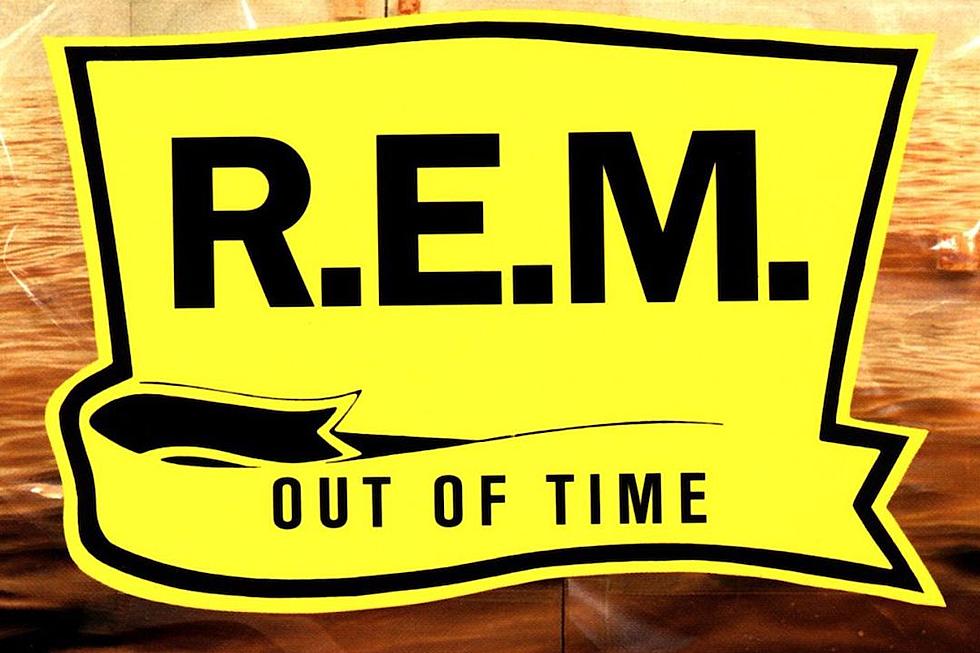
16 Years Ago: The Verve’s ‘Urban Hymns’ Album Released
For many critics, the story of the Verve’s 1997 Britpop classic ‘Urban Hymns’ begins and ends with album opener ‘Bitter Sweet Symphony.’
The track has quite the story. The band had licensed a sample from the Andrew Oldham Orchestra’s 1965 "cover" of the Rolling Stones’ ‘The Last Time,' but the courts later deemed they'd taken it too far, and in an unprecedented verdict, the Verve were ordered to cede all royalties for the hugely popular single to Mick Jagger and Keith Richards.
This was pretty unique for a couple of reasons. First, you don't often see sampling in rock music -- it's more more common in hip-hop -- and the Verve’s talented lead singer and songwriter, Richard Ashcroft, had crafted his own lyrics to sing over the orchestral hook, so in that sense, he rewrote the song.
Putting aside all of the 'Bittersweet Symphony' drama, however, you're left with one of the Britpop era’s best and most successful albums. Up there with major hits by Oasis and Blur in terms of popularity 'Urban Hymns' has been certified 10-times platinum in the U.K. In the States, it cracked Billboard’s Top 25 several months after its release, eventually going platinum, and ‘Symphony’ somewhat bittersweetly hit No. 12 on the Hot 100.
While ‘Urban Hymns’ was the first Verve album a lot of American heard, it's actually their third LP, and there’s something to be said for their staying power. The group retooled its lineup for this record, but what’s at the center of the oftentimes chaotic arrangements is Ashcroft’s songwriting. It’s undeniably great. His lyrics are sometimes personal, somtimes highly philosophical, and 'Urban Hymns' has that sneering British edge that attracted U.S. fans to Oasis, despite the backlash from naysayers. Interestingly, Oasis dedicated their song ‘Cast No Shadow’ from the 1995 smash ‘(What’s the Story) Morning Glory?’ to Ashcroft, proving he was a British rock scenester well before the Verve caught fire worldwide.
Top to bottom, the album is drenched in radio-worthy songs, and quite a few charted around the world. Besides ‘Symphony,’ ‘Sonnet,’ ‘The Drugs Don’t Work’ (one of the finest moments on the album) and ‘Lucky Man’ (not to be confused with the Emerson, Lake, & Palmer hit) all garnered love from international audiences.
Although ‘Urban Hymns’ has a decidedly Britpop aesthetic -- the jammy tambourine-heavy moments nod to bands like Stone Roses and the Charlatans -- the album holds up based on Ashcroft's songwriting alone. The band split up in 1999 and returned nearly a decade later with 'Forth,' but they were unable to match the global success they had with this fantastic album.
More From Diffuser.fm









